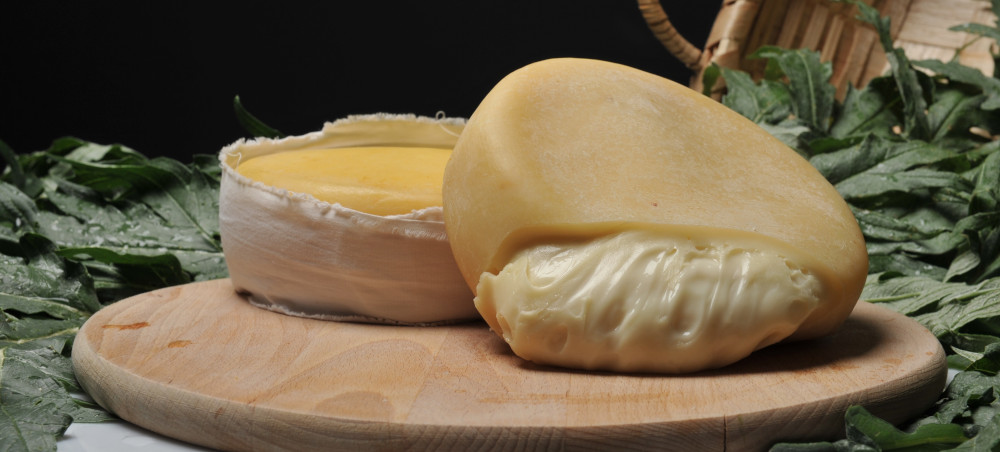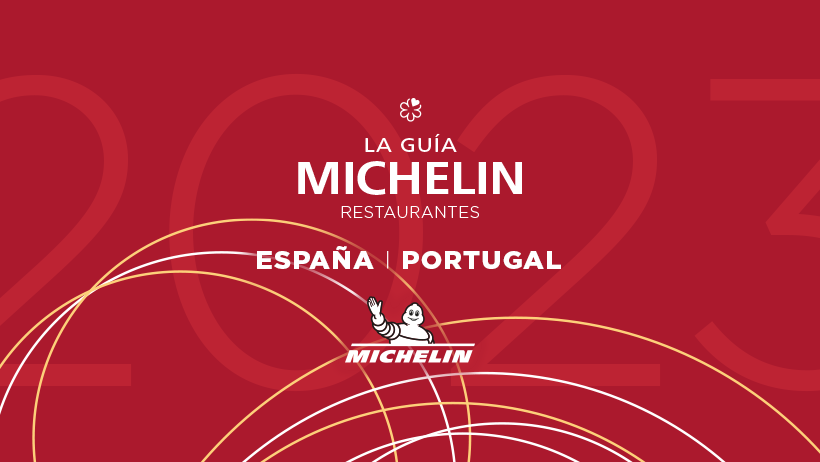Easter in Portugal, known as Páscoa, transcends mere religious observance. It’s a vibrant tapestry woven with family gatherings, age-old traditions, and, of course, a delectable feast for the senses. Let’s delve into the culinary and vinous delights that make Portuguese Easter truly special.
A Feast for the Eyes (and Stomachs):
- Roasted Lamb: The undisputed star of the Easter table, Leitão à Bairrada (suckling pig) or Borrego Assado (roast lamb) occupy the central position. Tender and flavorful, they are the epitome of celebratory fare.
- Folar da Páscoa: This sweet bread takes center stage in many regions. Brioche-like in the north, resembling sweet cake in the south, it often contains hard-boiled eggs, symbolizing new life.
- Bacalhau: Ever-present in Portuguese cuisine, salted cod features in various Easter dishes, from stews to casseroles. Its versatility shines through.
- Queijo da Páscoa: This traditional cheese, made with sheep’s milk and spices, takes a starring role in some regions, offering a savory counterpart to the sweet treats.
Wines that Complement the Celebration:
- Red Wines: Portugal boasts a diverse range of reds, perfect for pairing with the rich flavors of the Easter feast. Look for Douro Valley reds like Touriga Nacional blends or Dão reds made with Tinta Barroca for a harmonious pairing.
- White Wines: For lighter fare or seafood starters, Vinho Verde’s vibrant acidity offers a refreshing complement. Alvarinho or Loureiro-based blends are excellent choices.
- Sparkling Wines: Bubbles add a festive touch to the occasion. Bairrada’s sparkling wines made using the traditional method provide a sophisticated yet celebratory start to the meal.
- Dessert Wines: No Easter feast is complete without a sweet ending. Port, in its various styles, perfectly complements traditional desserts like Pão de Ló (sponge cake) or Arroz Doce (rice pudding).
Regional Variations:
- North: Expect heartier fare like “Francesinha” (a meaty sandwich) alongside Folar da Páscoa with lemon or anise flavors.
- Center: Roasted goat is a traditional specialty in some regions, paired with Dão wines.
- South: Alentejo offers Ensopado de Borrego (lamb stew) alongside Queijo da Páscoa and lighter, fruitier wines.
Beyond the Food:
- Easter Egg Hunts: Children participate in playful egg hunts, adding a joyful element to the festivities.
- Religious Processions: Solemn processions held on Good Friday and Easter Sunday showcase intricate floats and costumes, reflecting Portugal’s deep Catholic roots.
- Springtime Delights: The vibrant spring weather encourages picnics and outdoor gatherings, adding to the celebratory spirit.
Experience the Magic:
Easter in Portugal offers a unique blend of religious tradition, family gatherings, and delectable culinary experiences. Immerse yourself in this vibrant celebration, explore the regional variations, and create lasting memories through food, wine, and cultural immersion.
P.S. Don’t forget to check local markets for Easter specialties and bakeries for freshly baked Folar da Páscoa. With a little planning, you can recreate a taste of Portuguese Easter in your own home!




